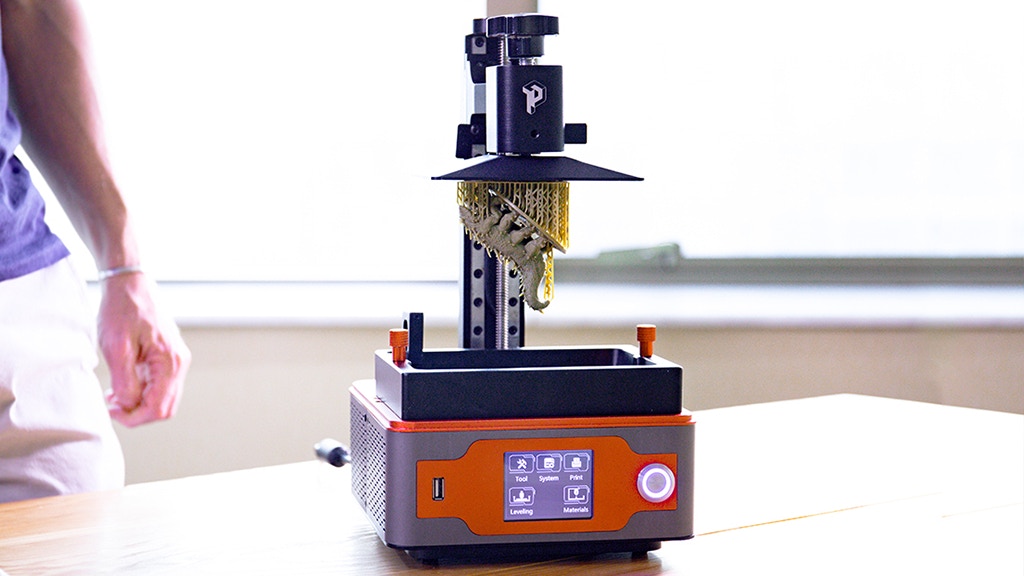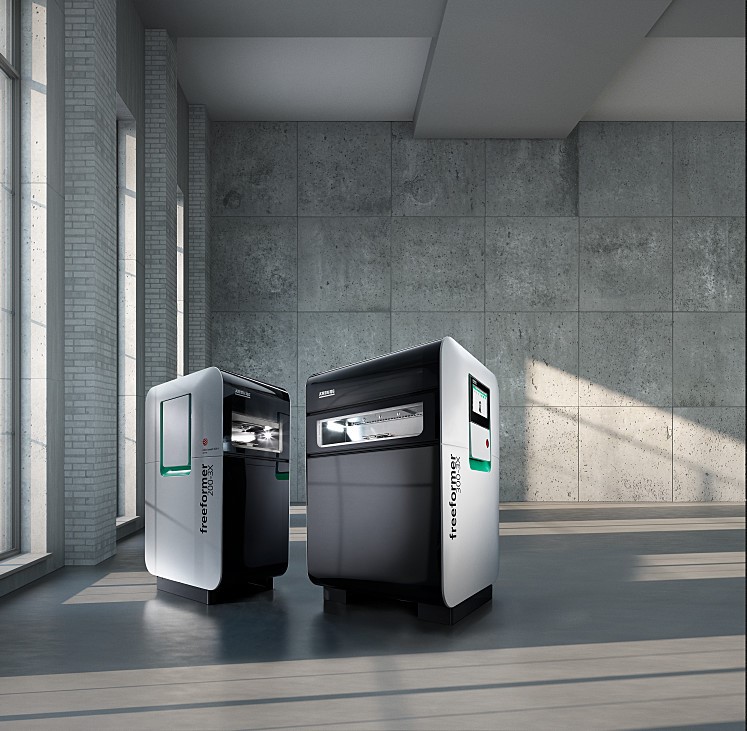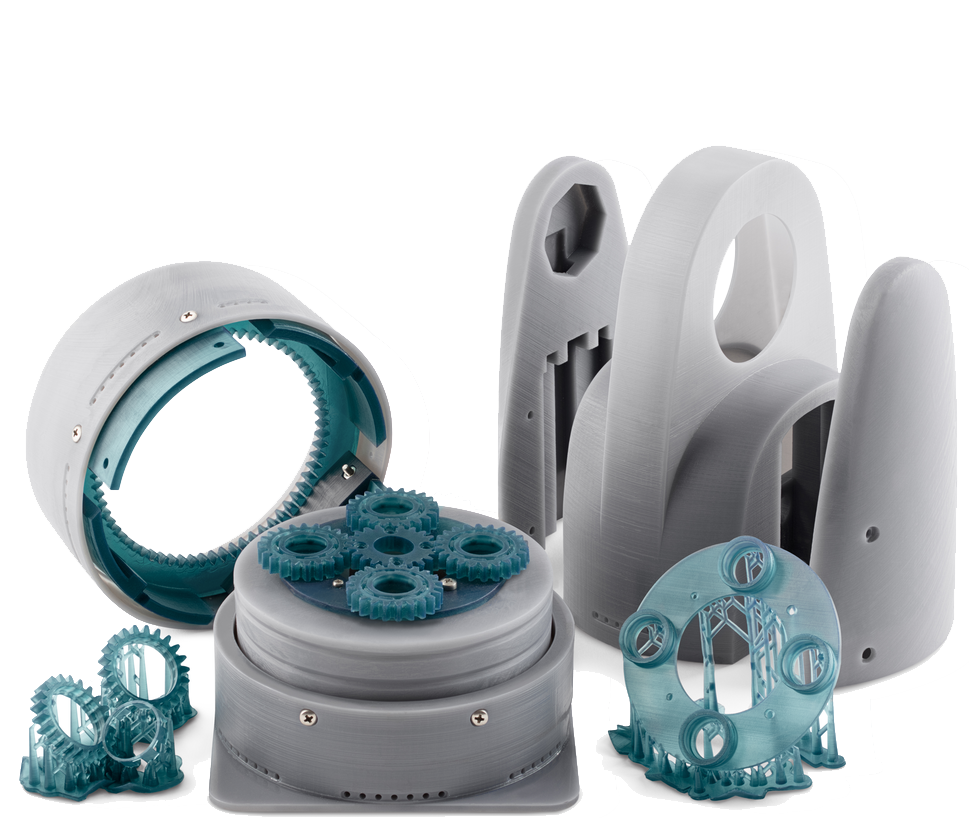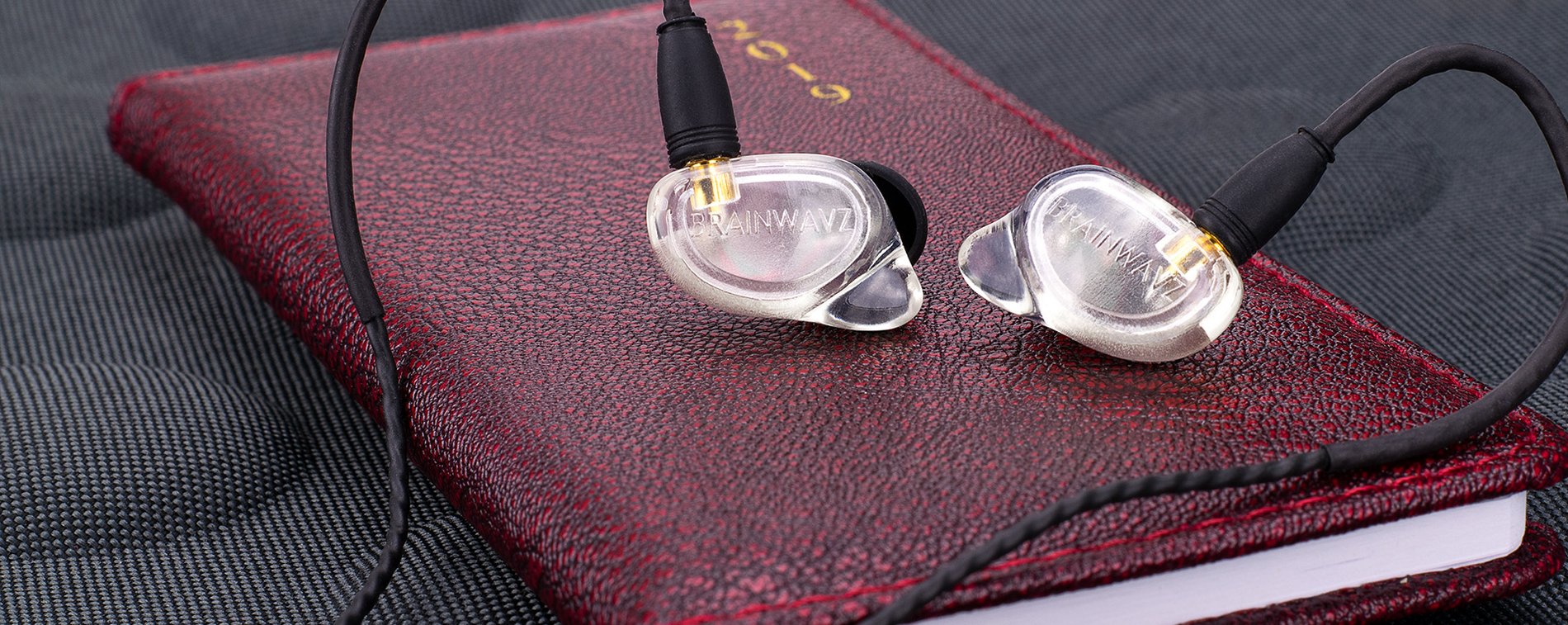This edition of Sliced, our 3D printing news digest, features new 3D printers, innovative 3D printed edibles, ergonomic designs, and more.
Full metal jacket
A Shenzhen-based 3D printer manufacturer, Panda3D, has built a full metal body SLA 3D printer called Paladin. The printer has 50μm XY resolution and a printing area of 15x13x73 cm. In addition to this, the printer is equipped with smart functions such as auto bed-leveling and auto resin refilling system. The 3D printer will be commercially available in April 2019.

The Brandenburg University of Technology has acquired a Laser Metal Deposition (LMD) 3D printer by LUNOVU, a German laser systems manufacturer. LMD is a variation of Directed Energy Deposition technology. It uses a laser beam to melt the input material, which is usually a metal wire. This 3D printing method is generally used in aerospace and automotive manufacturing and is particularly helpful in repairing damaged or worn out metal parts.
Professor Markus Bambach, Chair for mechanical design and manufacturing, said, “A major target of our research activities is the local engineering of materials and parts […] Therefore, it was crucial to procure an LMD system which is reliable and easy to be operated. At the same time, we also looked for a flexible system that can be easily extended according to future research requirements. Even special features could be implemented by Lunovu, such as the integration of a laser cutting module. This will help us to develop local reinforcements on sheet metal blanks.”
ARBURG, a German 3D printer and injection molding systems manufacturer, will be exhibiting its multi-material and multi-color freeformer 3D printers at TCT Asia (21-23 February). The freeformer has two models 200-3X and 300-3X. The 300-3X is 50% larger than its predecessor. Both printers use ARBURG Plastic freeforming (APF) technology and can build a model using multiple materials.

A new service bureau in the UK
Lancashire3D, a 3D printing service bureau, has opened its first facility in Preston. The company provides FFF/FDM and SLA 3D printing services and uses 90% of recycled plastics. Materials available from Lancashire3D include ABS, PLA, and PLA composites made of wood and metals. The company’s production capacity ranges from small to mid-volume prototyping and manufacturing.
Steven Pearson, co-founder of Lancashire3D said, “Lancashire3D has grown to be the largest 3D printing studio in the North of England and our new Lancashire based plant will allow us to handle a greater range of engineering materials and support our continued expansion. We are delighted to be able to welcome clients to visit us and share their projects and requirements with is in person at our new studio and plant.”

Ergonomic designs
Brainwavz Audio, a high-end earphone and earbud manufacturer, has released ergonomic 3D printed earphones. Brainwavz Koel model’s outer shell is manufactured using an SLA/DLP 3D printer. The Brainwavz Koel is available to buy for $69.50.

A Massachusetts-based company called Jamber has designed an ergonomic coffee mug with the help of 3D printed prototypes. Jamber mug is designed by husband and wife Allen and Diana Arseneau. The pair believes that the Jamber coffee mug is the best cup for Parkinson’s and arthritis patients. The Jamber mugs are available to buy individually or in sets.
In another bite from the kitchen, the Spanish version of MasterChef Junior, a cooking show for children aged between 8-13, arranged a 3D printed food challenge. The semifinalists created edible decorations for their dishes using a 3D printer. The contestants made an edible paste which was then used as 3D printing ink.
Pre-surgery practice
Memorial University of Newfoundland in St. John’s Canada is using 3D printers to make anatomical models. Surgeons practice on these anatomical models for practice before performing critical and non-critical surgeries. Under the project named Mun Med 3D, the Memorial University is making 3D printing a part of the medical curriculum in order to train future surgeons and medical professionals.
A hollow process
ExOne, an additive manufacturing company based in Pennsylvania, has announced that its St. Clairsville Research Facility is now ISO 9001:2015 certified. The company has developed a 3D printing method called water washout tooling. In the washout tooling process, a 3D printed core is used for manufacturing hollow parts. Once the part is manufactured the 3D printed core can be washed out leaving only the hollow part.
Bed adhesion, a piece of candy
Bed adhesion is always a concern when using FDM/FFF 3D printers, especially for large prints. No one wants to print for ten hours and find out that the print is warped due to a poor first layer. To counter this, a hobbyist has come up with an inexpensive home-made solution – sugar paste. A thin sticky paste can be made using sugar and water. This paste can be applied to the printer bed for adhesion.
Nominations for the 3D printing Awards 2019 are open. Please take a moment to tell us about the AM industry leaders.
For more news on additive manufacturing and its applications, subscribe to our 3D printing newsletter. You can also follow us on Facebook and Twitter.
We also have jobs in 3D printing, apply today at our 3D Printing Jobs page.
Featured image shows Sliced logo over 3D printed parts by Lancashire3D. Image via Lancashire3D.


